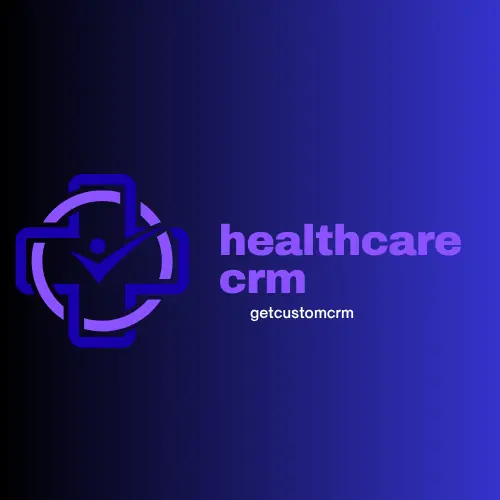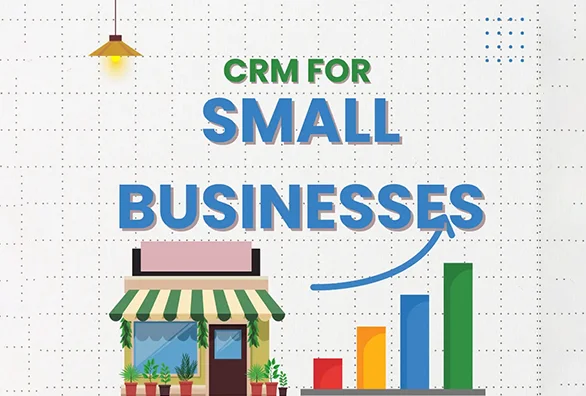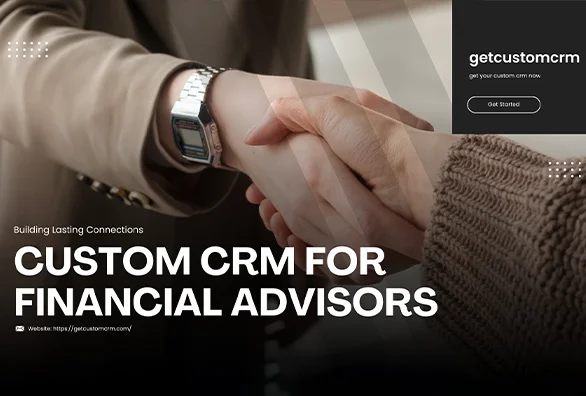Running a healthcare business nowadays is super difficult. Patients expect personalized care, staff face mounting administrative work, and compliance regulations are definitely stricter than ever. If you are running a clinic, hospital, or medical practice, you might already feel the pressure. The pressure can be of juggling patients’ records, follow-ups, billing, and communications across multiple scattered systems. This is where healthcare CRMs step in.
Unlike typical CRMs used for sales, healthcare-focused CRMs are designed specifically for your needs. It helps you manage your patients’ records, streamline workflows, and deliver the best care while staying compliant.
Table of Contents
Why your healthcare organization needs CRM?
There can be several reasons to acquire the CRM software for healthcare industry. The following are a few reasons:
1. To improve patient relationships
Patients want to feel valued, not just like another file number. A healthcare CRM provides you with a complete, in-depth view of a patient’s journey. Starting from appointment history to communication preferences, you can provide personalized care to your patients. To make your patients engaged, healthcare CRMs have the features of automated reminders, follow-ups, and updates.
2. To reduce administrative stress
Your staff shouldn’t spend more time on paperwork than on patient care. Healthcare CRMs help automate tasks like scheduling, billing reminders, and reporting. This results in fewer errors, less employee stress, and patient satisfaction.
What to look for in Healthcare CRM software
Compliance and Security First
Your patient trust depends on the data security. A reliable healthcare CRM should help you meet different regulations like HIPAA, GDPR, and other local regulations. The local regulations should have attributes like built-in encryption, access controls, and audit logs. These attributes safeguard sensitive patient information and keep you legally protected.
Seamless integrations with your systems
A CRM will only be useful if it works with what you already have, whether it’s your EHR, billing software, or telehealth platform. The right CRM integrates smoothly, thus giving you a perfect view of operations in one place.

Benefits of Healthcare CRMs
As mentioned before, CRMS in healthcare is very helpful not only for the healthcare professionals but also for the patients. Here are some benefits of incorporating Healthcare CRMs
Better operational outcomes
When all the data is automated, there will be a record for every patient, their follow-ups, and appointments. The computed data has chances of fewer errors and more efficiency.
Patients satisfaction
When personalized communication, consistent follow-ups, and easier access to medical histories, patients feel more connected to your medical performance. This leads to enhanced satisfaction and loyalty from your patients.
Improved Communication
Inter-department communication is vital in healthcare. But due to the packed schedule or scattered data, the communication can mostly be disrupted. Healthcare CRMs help organize the data and make the best schedules. This helps in better communication and prevents overlapping of schedules.
Making CRM Work for Your Organization
Tailored to your needs
Every healthcare has its different demands. Pediatric ones will have different needs from a large hospital. So to fulfill such demands, healthcare can integrate custom CRMs. These can be tailored according to your healthcare demands.
Successful rollout requires training
Only the integration of healthcare CRM isn’t enough. You have to train your workers on the CRM systems. Expecting the employees to get used to the system all at once won’t be a wise thought. Let the integration be done in segments. Let your employees understand the systems gradually, not to overwhelm them.
Future of CRM in healthcare
The future of Healthcare CRMs is wide
AI-Powered personalization
AI, with each passing day, is revolutionizing healthcare more and more. AI gives each patient the facility of hyper-personalization. AI algorithms process the large datasets to find out the demands and needs of patients. Ultimately, this gives the healthcare professionals the opportunity to tailor schedules, recommendations, and communication.
Expanding telehealth and self-service
Today’s patients expect digital convenience. The next generation of Healthcare CRMs includes patient portals where people can book appointments, access test results, and securely communicate with providers.
FAQs for Healthcare leaders
Q1: Is healthcare CRM only for big hospitals?
No, even small practices benefit from CRM tools by automating scheduling, billing and follow-ups.
Q2. How quickly can we see results after implementation?
Most organizations notice efficiency improvements within a few months, especially in appointment management and patient engagement.
Q3. Will staff find it difficult to adapt?
With proper training and phased rollout, adoption is smooth. Many teams actually welcome the reduced paperwork.
Q4. Can CRM help us stay compliant?
Yes, healthcare CRMs come with built-in security and compliance features that reduce violation risks.
Conclusion
As a healthcare provider, your focus is on patient care. But without the right tools, administrative chaos and compliance risks won’t let you fulfill your motto. Healthcare CRMs are not just technology upgrades but are a strategic investment in better care, smoother operations, and stronger patient relationships.


